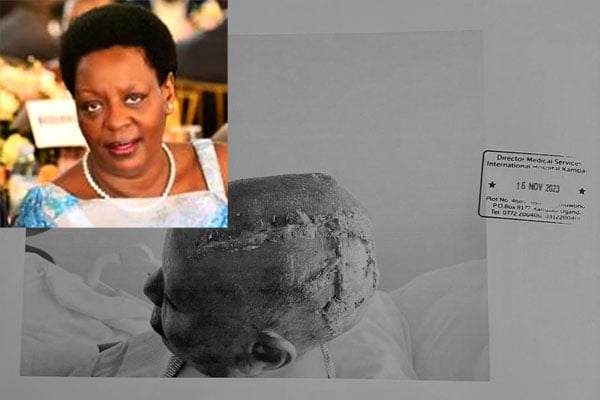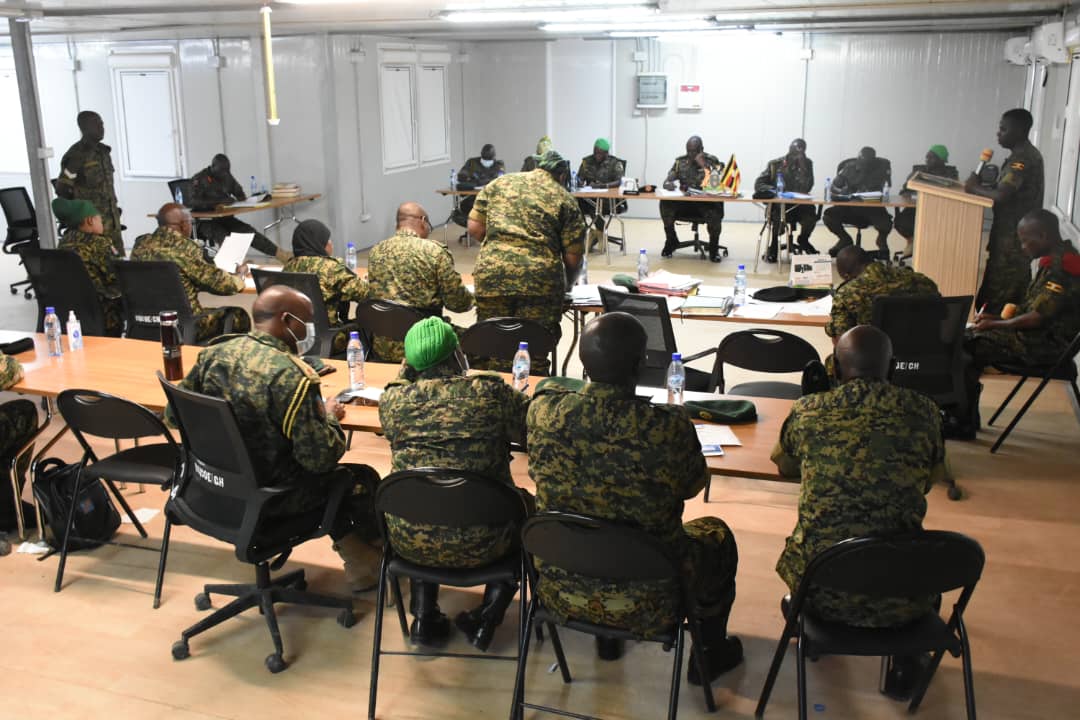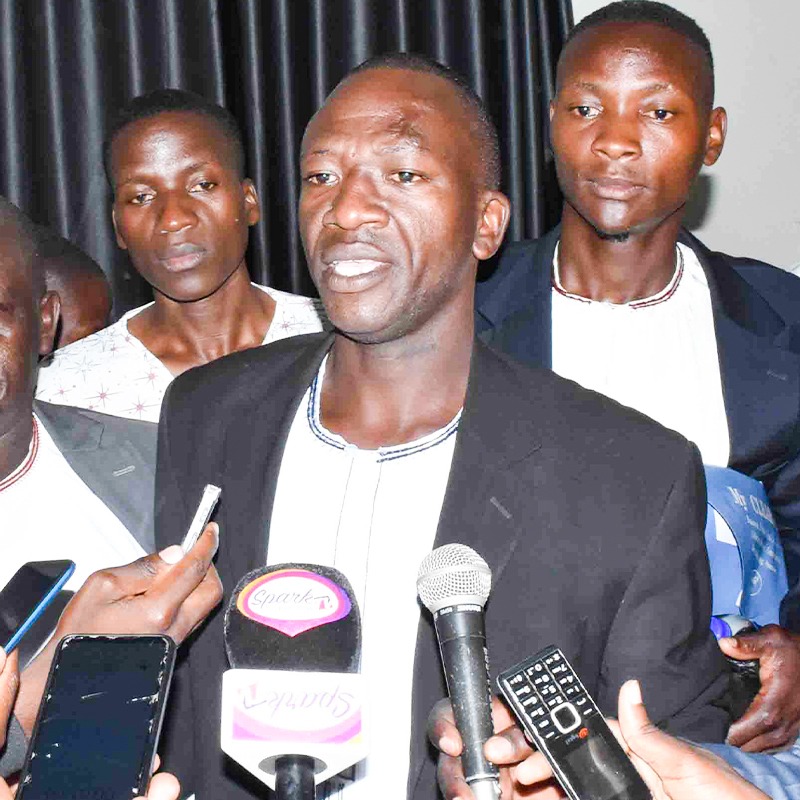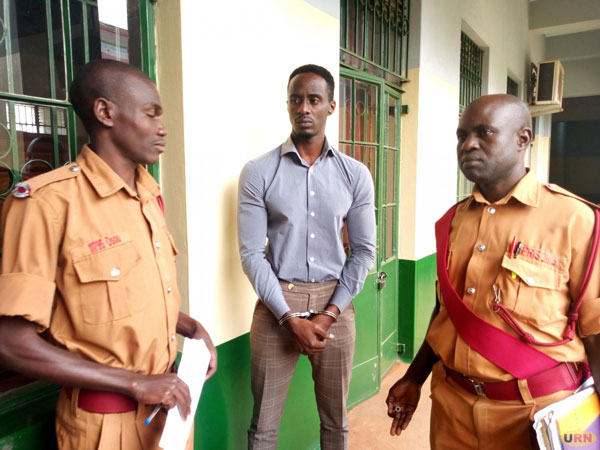A mixture of disbelief and outrage filled the courtroom at the High Court in Kampala on Thursday when the presiding judge in the Henry Katanga case decided to block journalists from covering the proceedings.
On June 27, 2024, journalists assembled in the courtroom, expecting to witness the hearing of an application involving Molly Katanga, accused of the murder of her husband, Henry Katanga. Molly Katanga sought full disclosure of evidence in her case, but High Court Judge Isaac Muwata unexpectedly moved the proceedings into his chambers.
Judge Muwata cited reasons that were not explicitly clear, stating, “I will handle your case from the chamber because there are some people here who will not understand since it is at the pre-hearing stage.” This statement prompted defense lawyers and prosecutors to leave the courtroom immediately.
The defense team, comprising notable lawyers such as Peter Kabatsi, MacDosman Kabega, Jet Tumwebaze, Bruce Musinguzi, and Elison Karuhanga, along with representatives from the state including Assistant Director of Public Prosecutions Samali Wakooli and Chief State Attorney Jonathan Muwaganya, complied with the judge’s directive to convene in his chambers.
As journalists attempted to gain entry to the judge’s chambers at the Court of Appeal building, they were obstructed by the judge’s bodyguard, who confirmed that it was an explicit order from Judge Muwata to restrict access.
The proceedings involved an application in which Molly Katanga, her daughters, and other relatives sought court orders compelling the prosecution to fully disclose all evidence intended for use against them during the trial. The applicants, including Charles Tai, George Amanyire, Patricia Kakwanza, and Martha Katanga Nkwanzi, face accusations of tampering with evidence related to the death of Henry Katanga, a prominent businessman who died from a gunshot wound in November 2023 at their residence in Kampala.
In a petition filed on June 21, 2024, at the Criminal Division of the High Court, the accused parties requested complete pre-trial disclosure of prosecution evidence, which they argue is crucial for their defense. Key evidence being withheld includes statements, postmortem reports, forensic test results, crime scene examination reports, ballistic evidence, DNA analysis, and CCTV analysis reports.
Martha Katanga Nkwanzi, one of the applicants, attested in an affidavit that despite earlier court directives for full disclosure, the Office of the Director of Public Prosecutions (ODPP) had only partially provided evidence through their legal representatives, prompting further requests for complete disclosure.
The legal team representing the accused parties emphasized the critical nature of the withheld evidence, arguing that without complete disclosure, their ability to prepare an adequate defense would be compromised. They asserted that the ODPP’s reasons for withholding evidence lacked legal basis and could unnecessarily delay the trial, which is scheduled to commence on July 2, 2024.




















